Home yesterday after a great trip to the USA but, due to volcanic ash, eight days later than scheduled. My distraction as I travelled (and waited) was a book from a second-hand bookshop in Kennett Square, Pennsylvania: '1776' by David McCullough, a remarkable account of the tough campaigning of that year - first steps on the road to a United States of America.
I'm sure numerous people have made the connection between George Washington's brave but ill-equipped army and that of Prince Charles Edward who had faced the same enemy thirty years earlier in an attempt to recover the throne for the Stuarts. Both armies were short of money, food, equipment, gunpowder, cavalry, artillery, just about everything. Both leaders appealed to the hearts and loyalty of their soldiers, both suffered from desertion by those who felt they should be tending their crops. The main difference, of course, was in the generalship: Washington may occasionally have been indecisive but, unlike Bonnie Prince Charlie, he was a natural leader who was prepared to listen to advice.
Washington, who struggled to keep the Yankees, the New Englanders and the Virginians together, would have been appalled at the three day horror which was Gettysburg. I spent a fascinating day there and was struck by the statistic that total casualties at Gettysburg were more than three times larger than the total combatants at Culloden.
Returning to Newark we crossed the Delaware at Trenton, where a brilliant Christmas Eve night manoeuvre by Washington changed the course of the war. Charlie's last-throw night march on the eve of Culloden similarly expected to find the enemy drunk. But the Highland Army arrived when the porridge was already on the boil, and they returned to camp exhausted.
When I am next at Culloden I will be much better able to answer questions from American visitors who are looking for familiar yardsticks for the history they are learning in Scotland.
Subscribe to:
Post Comments (Atom)











































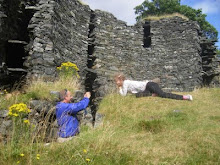
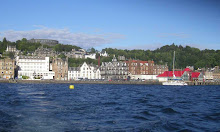
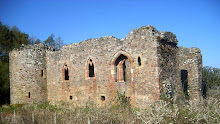
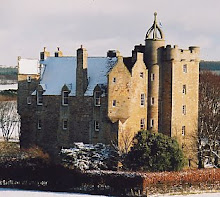
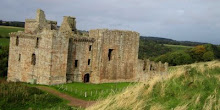

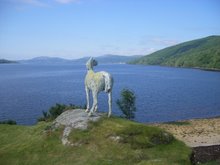



No comments:
Post a Comment